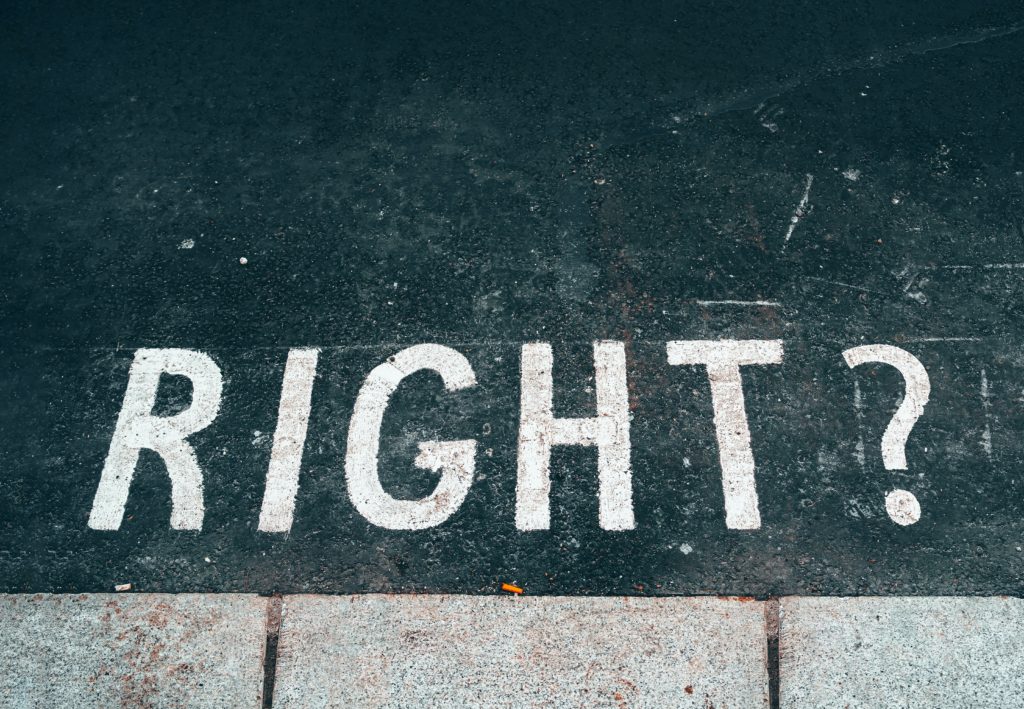
No blogger wants to get in trouble with the law, become liable for financial damages, or tarnish his or her reputation. You may have thought about ways to stay on the right side of laws about advertising, fraud, libel, or other topics. But what about copyright laws?
I believe a significant number of bloggers are guilty of copyright violations when they share information written by others. In the financial arena, where my work focuses, I have come across several well meaning individuals who mistakenly believed they acted within the law when they copied all or part of other people’s blog posts. In fact, they had broken the law and could have been on the hook for financial penalties.
To help you cope, here are two common misconceptions, three resources, and one suggestion to keep you on the right side of the law and make everybody happy.
Misconception #1: If you credit and link, that’s enough.
Most bloggers know you shouldn’t copy someone else’s work and pass it off as your own. However, I’ve seen folks who think it’s okay to copy an entire newspaper article on their blogs as long as they name the author and publication details in addition to linking online to the original article.
This is not correct, as you’ll realize when you check out my resource section below.
Misconception #2: If you only copy XXX words, it’s okay.
There is no word-count rule that protects you from charges of copyright infringement. If you use the “heart” of the work, you’re in trouble, as explained in the “Amount and Substantiality of Portion Used” section of the University of Minnesota University Libraries’ excellent web pages on copyright.
In fact, even short phrases may be protected by copyright, according to “Copyright Protection for Short Phrases” in the Copyright and Fair Use section of the Stanford University Libraries website.
How can you share content without violating copyright? Check out the resources in the next section.
Resources for “fair use” of copyrighted material.
Lawyers use the term “fair use” to describe the legal use of copyrighted materials. Here are two websites and a printable checklist that will help you assess whether the amount of another author’s text that you reproduce in your blog post is acceptable. There are no short, easy guidelines that fit all situations.
- “Fair Use,” a book chapter on this topic, is available on the Stanford University Libraries website.
- “Checklist for Fair Use,” the printable checklist from the Cal State Fullerton Library, will help you think through the issues for specific materials.
- Guilford College’s Hedge Library and Learning Technologies offers this “Copyright and Fair Use” guide.
Suggestion to ensure “fair use”
When in doubt, ask the author for permission to reproduce the content on your blog. Don’t assume they’ll say “yes.” However, you may score points with writers who are anxious to spread their message. If the writer says, “No,” at least you know to tread carefully in how you use the author’s content.
By the way, I don’t oppose bloggers summarizing or adding their own spin to other people’s content. But please don’t violate copyright by exceeding what is considered “fair use.”

